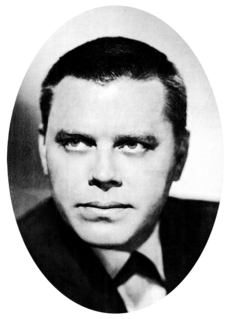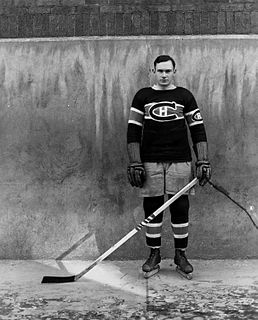A Quote by Loren Eiseley
Every time we walk along a beach some ancient urge disturbs us so that we find ourselves shedding shoes and garments or scavenging among seaweed and whitened timbers like the homesick refugees of a long war... Mostly the animals understand their roles, but man, by comparison, seems troubled by a message that, it is often said, he cannot quite remember or has gotten wrong... Bereft of instinct, he must search continually for meanings... Man was a reader before he became a writer, a reader of what Coleridge once called the mighty alphabet of the universe.
Quote Topics
Along
Alphabet
Among
Ancient
Animals
Beach
Became
Before
Bereft
Cannot
Comparison
Continually
Every
Every Time
Find
Garments
Gotten
Homesick
Instinct
Like
Long
Man
Meanings
Message
Mighty
Mostly
Must
Often
Once
Ourselves
Quite
Reader
Refugees
Remember
Roles
Said
Search
Seaweed
Seems
Shedding
Shoes
Some
Time
Troubled
Understand
Universe
Urge
Us
Walk
War
Writer
Wrong
Related Quotes
Books are frozen voices, in the same way that musical scores are frozen music. The score is a way of transmitting the music to someone who can play it, releasing it into the air where it can once more be heard. And the black alphabet marks on the page represent words that were once spoken, if only in the writer's head. They lie there inert until a reader comes along and transforms the letters into living sounds. The reader is the musician of the book: each reader may read the same text, just as each violinist plays the same piece, but each interpretation is different.
If there is a magic in story writing, and I am convinced that there is, no one has ever been able to reduce it to a recipe that can be passed from one person to another. The formula seems to lie solely in the aching urge of the writer to convey something he feels important to the reader. If the writer has that urge, he may sometimes but by no means always find the way to do it.
How often I have tried to tell writing students that the first thing a writer must do is love the reader and wish the reader well. The writer must trust the reader to be at least as intelligent as he is. Only in such well wishing and trust, only when the writer feels he is writing a letter to a good friend, only then will the magic happen.
We must be forewarned that only rarely does a text easily lend itself to the reader's curiosity... the reading of a text is a transaction between the reader and the text, which mediates the encounter between the reader and writer. It is a composition between the reader and the writer in which the reader "rewrites" the text making a determined effort not to betray the author's spirit.
It is easier for the reader to judge, by a thousand times, than for the writer to invent. The writer must summon his Idea out of nowhere, and his characters out of nothing, and catch words as they fly, and nail them to the page. The reader has something to go by and somewhere to start from, given to him freely and with great generosity by the writer. And still the reader feels free to find fault.
Every reader, as he reads, is actually the reader of himself. The writer's work is only a kind of optical instrument he provides the reader so he can discern what he might never have seen in himself without this book. The reader's recognition in himself of what the book says is the proof of the book's truth.



































